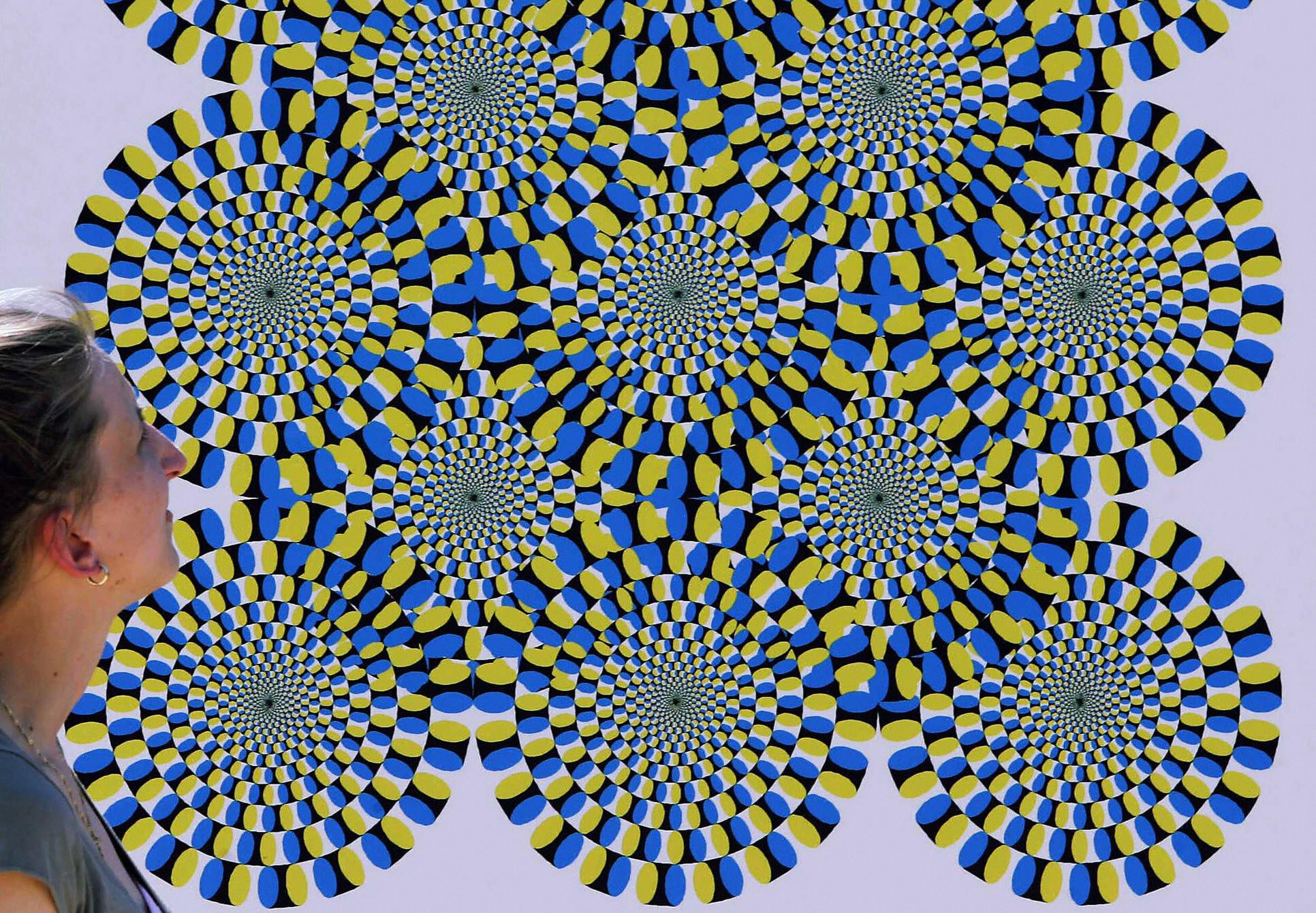Radiologists are particularly adept at spotting optical illusions, according to a new study that sheds light on how one could train to avoid being tricked by their vision.
Until now, scientists have found that several factors, including gender and cultural differences, can play a role in a person getting deceived by optical illusions.
Researchers have held that a person may have no choice by default over whether they see an illusion or not.
However, whether a person can train themself to see unsee illusions remains unclear.
One previous study has hinted that social scientists like psychologists may be seeing illusions more strongly compared to other academic professionals like mathematicians.

In the new research, scientists tested whether specific visual expertise and training related to a specific profession can make one less deceivable to such tricks.
They assessed 44 radiologists and compared their abilities to spot illusions with those of over 100 psychology and medical students.
The findings, published in the journal Scientific Reports, reveal that experts in medical image interpretation, such as radiologists are less susceptible to most optical illusions.
“Our results show that medical image experts were significantly less susceptible” to optical illusions, “demonstrating superior perceptual accuracy”, scientists wrote.
For instance, one of the tests included two orange circles side by side with each of them surrounded by a number of pink ones.
In the first case, the orange circle on the left is 6 per cent smaller than the one on the right but most participants in the study saw it as larger.
Another test image had the same set up but the left image was about 10 per cent smaller.
While most non-radiologists still saw the left one as bigger, only radiologists seemed to get that one right.
“Radiologists are not entirely immune to the illusion, but are much less susceptible,” researchers wrote in The Conversation.
Scientists also found that radiologists just beginning training seemed “no better than normal”, suggesting the superior perception among experts in the field could be a result of their extensive training.
They suspect pursuing expertise in medical image interpretation could improve one’s ability to disregard irrelevant context and enhance perceptual abilities.
“Some visual skills developed by experts in radiology and radiography appear to be transferrable beyond their domain of expertise,” scientists wrote.
“Our research advances theoretical understanding of how expertise and training impact fundamental mechanisms underpinning visual perception,” they concluded.



